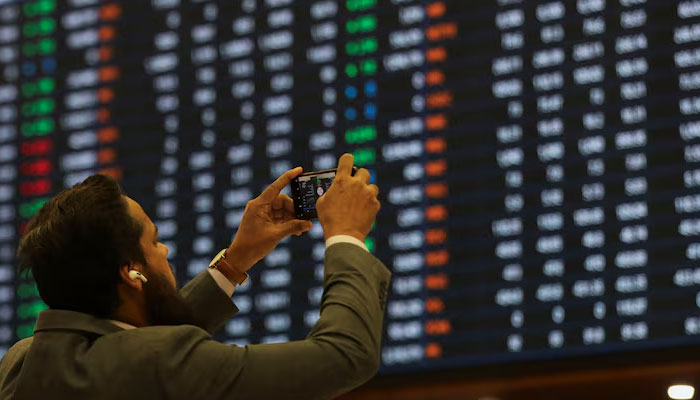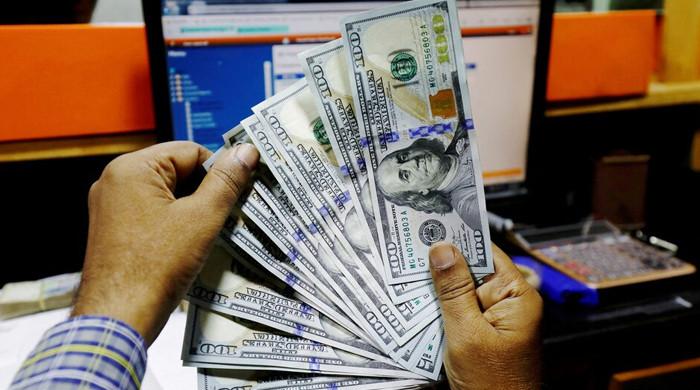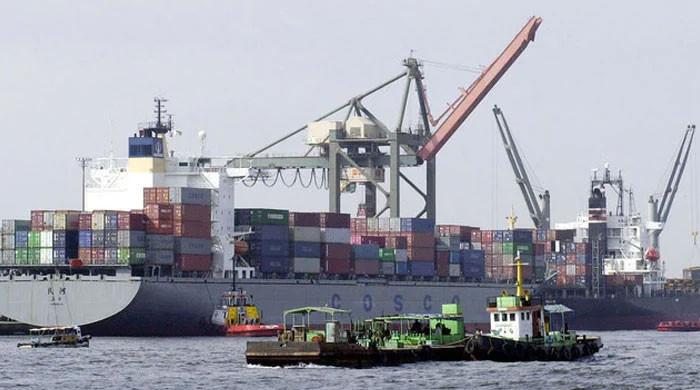KSE-100 index outperforms other Asian markets in 2024
Cheap valuations, high positive real rates, and fairly valued currency make a very attractive case, says expert
June 25, 2024

- KSE-100 Index reflects a 27% increase in dollar terms in 2024.
- Experts say gains likely to extend by another 10% by year's end.
- Foreign buying, other facts to drive market's momentum in future.
Despite prevailing economic crises, Pakistan's stock market has rather shown resilience by emerging as the best-performing market in Asia in the ongoing year 2024, reported Bloomberg.
Strategists say that the market is likely to reflect more gains due to the fact that it has one of the cheapest valuations in the continent coupled with the recently proposed budget which is aimed at securing a new loan from the International Monetary Fund (IMF).
Meanwhile, a stable rupee and easing inflation have further increased the prospects of rate cuts.
Topline Securities Ltd and Arif Habib Ltd are of the view that the KSE-100 index has outperformed other Asian stock markets showcasing a 27% increase in dollar terms in 2024 with the gains further expected to increase by another 10% by the end of this year.
Commenting on the KSE-100 Index's performance, Head of Research at Dubai-based Frontier Investment Management Partners Ltd Ali Hussain said; "There's a lot of juice left in this rally [...] cheap valuations, high positive real rates and a fairly valued currency make a very attractive case right now."
Despite recording new record highs recently, the KSE-100 index has managed to remain cheap with a one-year forward earning-based valuation of 3.8 times — a 50% discount to its lifetime average.
It is to be noted that Islamabad has increased taxes on various industries such as those of cement, automobile and steel, to address the government's financial needs as it strives to fulfil the IMF's guidelines as the lender's programme holds key significance if the country is to meet its $24 billion debt payments due in next fiscal year.
Bloomberg Economics has underscored the political stability with the possibility of the coalition government being toppled if the Pakistan Peoples Party (PPP) decides to walk away due to public pressure in light of the government's measure to comply with the Fund's conditions.
However, investors remain hopeful with securities firm Arif Habib predicting that the foreign buying, earnings growth and robust local liquidity will drive the market momentum for the next couple of years.
According to Institutional Equity Sales head at Arif Habib Ltd Bilal Khan: "With the new IMF program spanning the next three years, we anticipate a favourable external position, supporting continued bullish market sentiment."











